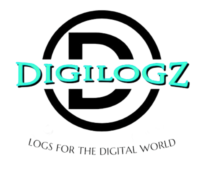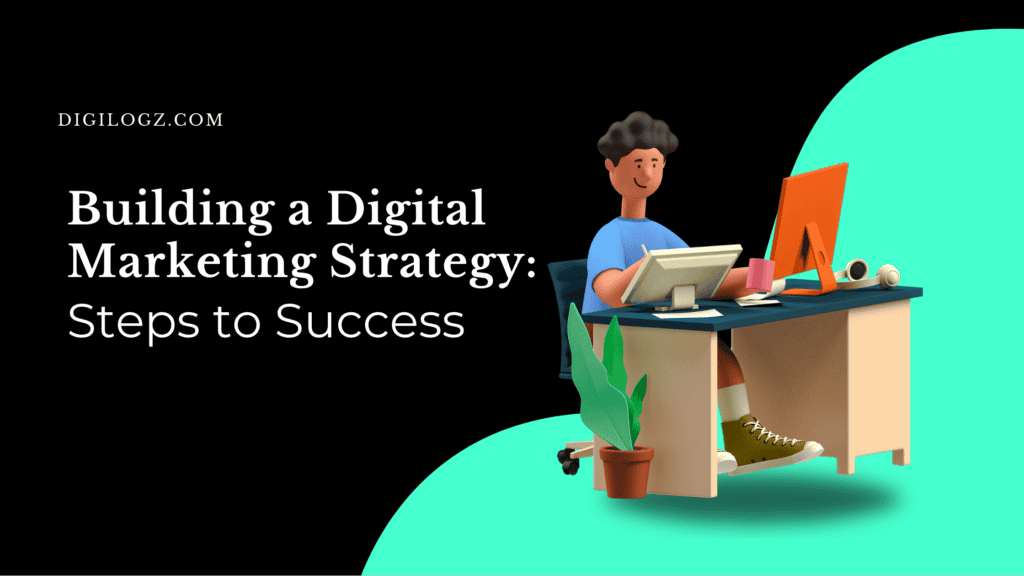In a digital landscape that constantly evolves, small businesses face unique challenges in effectively and efficiently executing marketing strategies while managing limited resources and competing against larger organizations. One powerful solution to help address these challenges and optimize digital marketing efforts is the implementation of marketing automation.
By automating repetitive tasks, customizing customer interactions, and leveraging data-driven insights, marketing automation can transform the way small businesses engage with their audience, driving growth and success. In this comprehensive guide, we will explore the various applications of marketing automation for small businesses and provide actionable insights and best practices to help you effectively implement and optimize marketing automation in your digital marketing strategy.
Marketing automation refers to the use of software and tools to automate marketing tasks, such as social media posting, email marketing, customer segmentation, and lead nurturing. By utilizing marketing automation, small businesses can save time, increase efficiency, and capitalize on strategic opportunities to engage and convert their target audience.
This guide will discuss the benefits of marketing automation for small businesses, outline factors to consider when selecting marketing automation tools and platforms, and delve into practical implementation steps for integrating marketing automation into your existing marketing mix.
We will also share success stories of small businesses that have successfully harnessed marketing automation to enhance customer engagement, boost lead generation, and increase conversions, providing valuable insights and inspiration for your marketing automation journey. Whether you are a small business owner, marketer, or entrepreneur seeking to streamline your digital marketing efforts, this comprehensive guide offers essential knowledge and actionable tips to help you effectively implement marketing automation and pave the way for sustainable business growth and success in an ever-changing digital environment.
Embrace the power of marketing automation to optimize your digital marketing strategy and unlock new avenues for customer engagement, lead generation, and business growth.
Boosting Your Digital Marketing Strategy with Marketing Automation: A Comprehensive Guide for Small Businesses
The Benefits of Marketing Automation for Small Businesses
Incorporating marketing automation into your digital marketing strategy can offer numerous benefits for small businesses. In this section, we will highlight the key advantages of implementing marketing automation and discuss how it can transform your marketing efforts.
1. Increased Efficiency: Automating repetitive tasks such as sending emails, scheduling social media posts, and tracking marketing metrics allows small businesses to maximize their resources and focus on strategic, high-impact activities.
2. Enhanced Personalization: Marketing automation tools analyze customer behavior and preferences, enabling businesses to create personalized marketing campaigns that resonate with their target audience and foster greater engagement.
3. Improved Lead Nurturing: Automated lead nurturing campaigns can guide prospects through the sales funnel, delivering relevant content at strategic touchpoints and increasing the likelihood of converting leads into customers.
4. Better Campaign Management and Analysis: Marketing automation simplifies the management and analysis of campaigns, providing valuable insights into marketing performance and enabling more informed decision-making.
Selecting the Right Marketing Automation Tools and Platforms
Choosing the best marketing automation tool or platform for your small business is crucial to ensure a successful implementation. In this section, we will outline key factors to consider when evaluating marketing automation solutions.
1. Features and Functionality: Assess the features and functionalities offered by marketing automation tools to identify the solution that best aligns with your marketing strategy and business goals. Common features to consider include email marketing, social media management, CRM integration, and analytics reporting.
2. Scalability: Select a marketing automation platform that can adapt and grow with your business. Ensure that the solution can accommodate an increasing number of users, campaigns, and data as your marketing efforts expand and evolve.
3. Ease of Implementation and Use: Evaluate the learning curve and user-friendliness of the marketing automation platform to ensure a seamless integration into your existing workflows and processes.
4. Budget and ROI: Consider the cost of marketing automation tools in relation to the potential return on investment (ROI). Assess whether the potential benefits of implementing marketing automation justify the investment and select a solution that offers a positive ROI for your business.
Implementing Marketing Automation in Your Digital Marketing Strategy
Integrating marketing automation into your digital marketing strategy requires careful planning and execution. In this section, we will discuss practical steps and best practices for successfully implementing marketing automation.
1. Define Your Goals and Objectives: Clearly articulate your marketing automation goals and objectives, such as increasing lead generation, improving customer engagement, or boosting sales conversions.
2. Identify Key Automation Opportunities: Analyze your existing marketing processes and identify areas where marketing automation can have the most significant impact, such as email marketing, social media management, or lead nurturing.
3. Configure and Integrate Your Marketing Automation Platform: Customize and configure your marketing automation platform to align with your unique goals and processes. Integrate the platform with your existing CRM, email marketing, or social media management tools for a seamless workflow.
4. Monitor and Optimize Your Automation Efforts: Track key metrics and performance indicators related to your marketing automation initiatives to identify areas for improvement and optimize your campaigns for maximum impact.
Success Stories: Small Businesses Harnessing Marketing Automation
The following examples showcase small businesses that have successfully implemented marketing automation to improve their digital marketing efforts and drive growth.
1. A specialized boutique used marketing automation to segment their email list, delivering personalized product recommendations and promotions to subscribers based on their browsing and purchase history. The result was a significant increase in engagement and sales conversions.
2. A small B2B software company used marketing automation to nurture leads through a series of automated emails, offering valuable content and insights tailored to each prospect’s needs and interests. This approach led to a substantial increase in lead conversion rates and shorter sales cycles.
3. A local fitness studio implemented marketing automation to streamline their social media posting, freeing up valuable time for their marketing team to focus on strategic initiatives and customer engagement. This increased efficiency resulted in a more consistent social media presence and a stronger following, leading to increased membership sign-ups.
Conclusion
Incorporating marketing automation into your digital marketing strategy can greatly enhance your small business’s marketing efforts by streamlining processes, personalizing customer interactions, and offering data-driven insights for continuous improvement.
By carefully evaluating and selecting the right marketing automation tools and platforms, and implementing them strategically in tandem with your existing marketing initiatives, you will be well-equipped to optimize your marketing strategy, drive customer engagement, and achieve long-term success in a competitive marketplace.
Embrace the power of marketing automation with Digilogz to boost your digital marketing strategy, elevate your customer relationships, and empower your small business for sustainable growth and success in the digital age.



